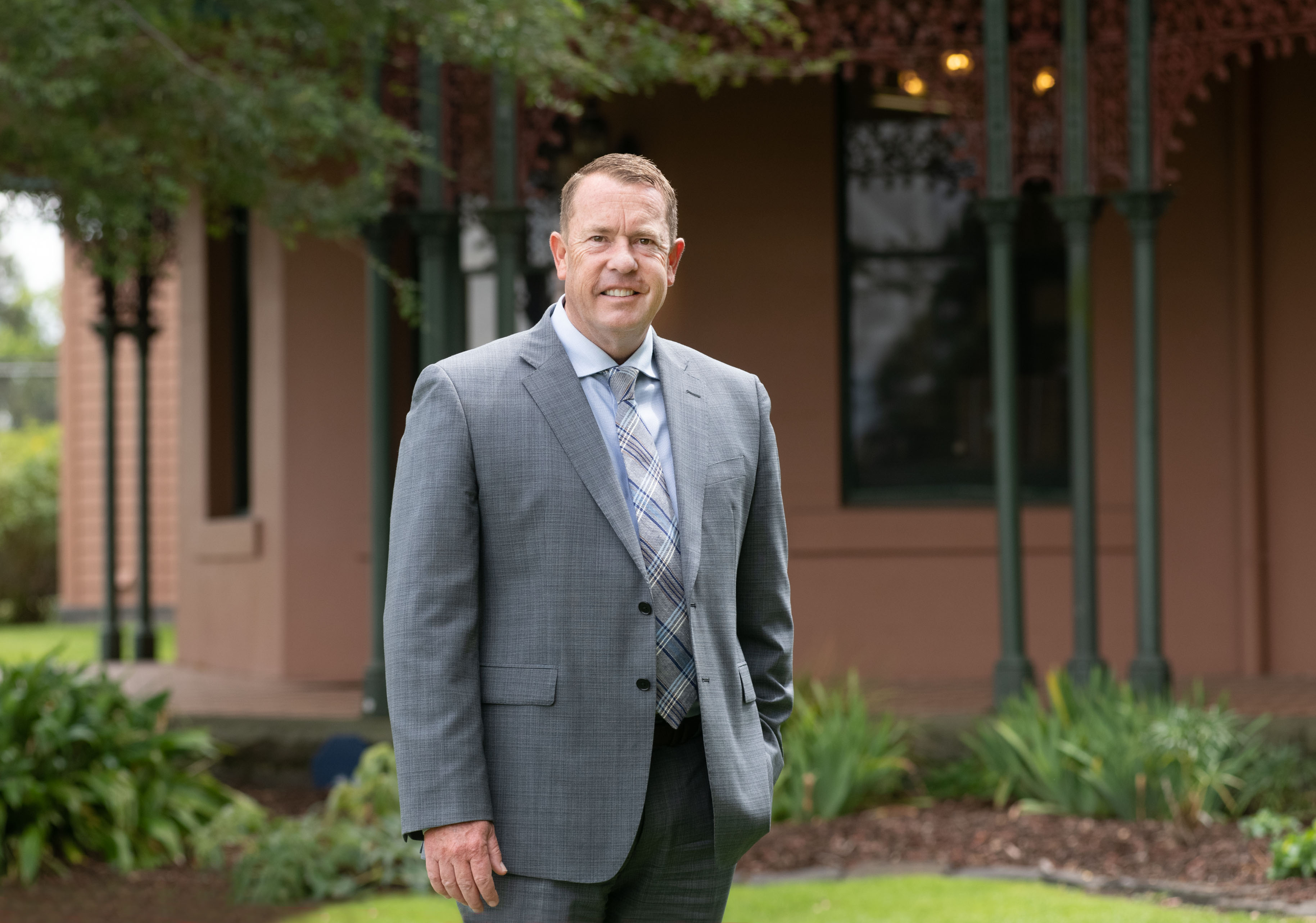Reflecting on the Importance of Understanding Educational Research and Associated Findings
Recently, I had the pleasure of travelling to Adelaide to participate in the 2022 Independent Primary School Heads of Australia (IPSHA) Biennial National Conference. This was a wonderful opportunity to catch up with Primary Heads from other Independent Schools across Australia, exchanging ideas on current practice and the future of Primary education whilst also learning from educational experts delivering Key-Note presentations.
We were very fortunate to have a number of highly qualified experts in their field delivering presentations exploring the latest educational research and associated findings. Topics were varying in their content and covered areas such as 'Brain Development in the Primary Years', 'Health and Wellbeing', 'Creativity and Innovation', 'Resilience' and 'Empowering Women and Children Globally'. As senior educators and leaders, it is so important for us to continually learn. To expand our own knowledge, discuss ideas and share experiences that will ultimately lead to better educational outcomes for the young people of Australia.
I found these sessions both captivating and inspiring and would like to take a moment to reflect on a presentation delivered by Nathan Wallis. Nathan’s professional background includes experience as an Early Childhood Teacher, Child Therapist, Social Service Manager, University Lecturer and Neuroscience Trainer. Following his time at the University of Canterbury, Nathan founded a private training consultancy with the goal of facilitating easy-to-understand professional development that reflects on the latest neuroscience discoveries and their practical implications for everyday practice.
In listening to Nathan, I came to learn of several strategies that would support teachers in helping their students remain focussed and engaged in learning. It was reaffirmed to me that the quality of the relationship students have with their teacher remains the single biggest influence on their learning. This is a notion that often fills me with immense gratitude in reflecting on the responsibility we as educators have and the importance of treating this responsibility with the utmost respect.
Nathan also spoke about the importance of predictability in the daily lives of students to ‘keep the brain calm’ and the role that ‘Rhythmic Patterning’ plays in preparing students for optimal learning. Put simply, rhythmic patterning includes the use of singing or listening to music, prayers and hymns as a way of restoring rhythm to our bodies. We all subconsciously require our bodies and brains to be in rhythm and the manner in which we are able to maintain this rhythm can often be a direct impact on our daily output. Consider the act of rocking back and forwards or pacing up and down when someone might be stressed or anxious - a subconscious response in an attempt to restore rhythm and manage a stressful or unexpected situation. Another aspect of Nathan’s presentation that resonated with me was the importance of memory games in improving our working memory thus developing executive functions, and the importance of social development opportunities for younger students in Prep – Year 2.
Finally, I was able to reflect on the idea that the number one factor that defines how well an individual performs at school (and in life in general) remains as it always has been...self-control!
Opportunities such as the one I was recently afforded, continually allow us as educators to introduce small but significant changes that further develop the capacity of our peers and the students in our care.
Luke Friend - Assistant Principal – Primary (Mt Ridley)


